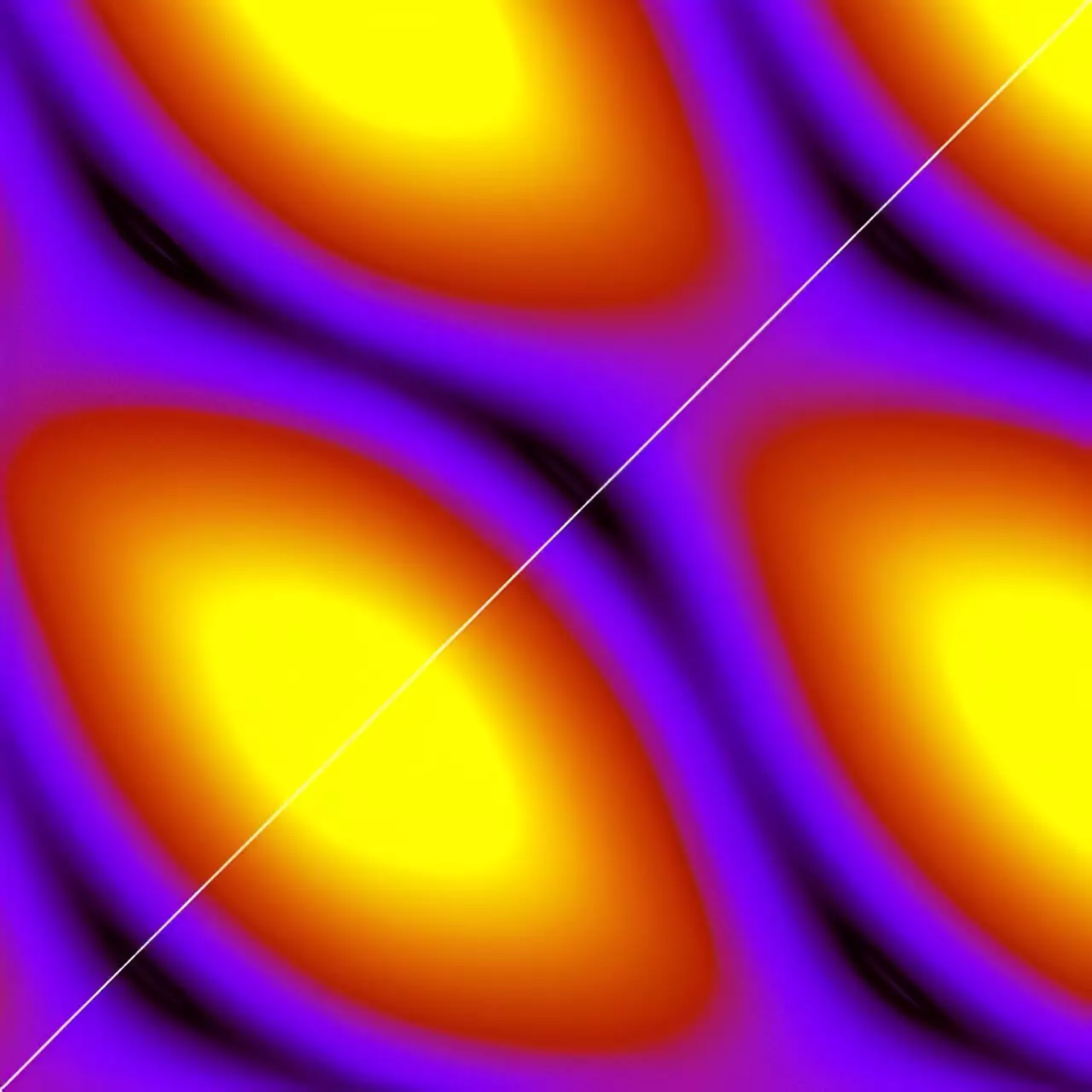The realm of quantum computing holds immense potential for revolutionizing the way we process information and solve complex problems. One of the key components in advancing this field is the creation of electronic states that mimic molecules within superconducting circuits. Recent research conducted by physicists at RIKEN has shed light on the possibility of utilizing Andreev molecules in superconducting circuits for future quantum computers.
Advantages of Superconductors in Electronic Circuits
Superconductors, which exhibit no electrical resistance and do not produce wasteful heating in electronic circuits, offer a distinct advantage over conventional materials. The quantum-mechanical interactions between electrons that give rise to superconductivity can lead to the development of devices with unique functionalities. This opens up new avenues for exploring quantum information technologies in the realm of quantum computing.
The concept of Andreev molecules, which arise from the coupling of two Josephson junctions through a shared superconducting electrode, represents a significant breakthrough in the field of superconducting circuits. By exploiting the Andreev bound states in these junctions, researchers can manipulate the flow of supercurrent and harness exotic superconducting transport phenomena.
Through meticulous experimentation involving the creation of Josephson junctions with a thin layer of indium arsenide and their coupling via a shared superconducting electrode made of aluminum, Matsuo and his team were able to observe the energy levels corresponding to Andreev molecules. This groundbreaking research not only provides valuable insights into the behavior of Andreev molecules but also demonstrates their controllability in coupled Josephson junctions for the first time.
The discovery of Andreev molecules in superconducting circuits paves the way for the development of efficient and less dissipative rectifiers, opening up new possibilities for enhancing the performance of quantum computers. The ability to control the flow of supercurrent through Josephson junctions holds tremendous promise for advancing quantum information technologies and unlocking the full potential of quantum computing.
The creation and manipulation of Andreev molecules in superconducting circuits represent a significant milestone in the quest for harnessing exotic quantum effects for practical applications. The research conducted by Matsuo and his team at RIKEN provides a foundation for further exploration of Andreev molecules and their implications for the future of quantum computing. By delving deeper into the realm of quantum phenomena within superconducting circuits, we are paving the way for transformative advancements in the field of quantum information technologies.


Leave a Reply